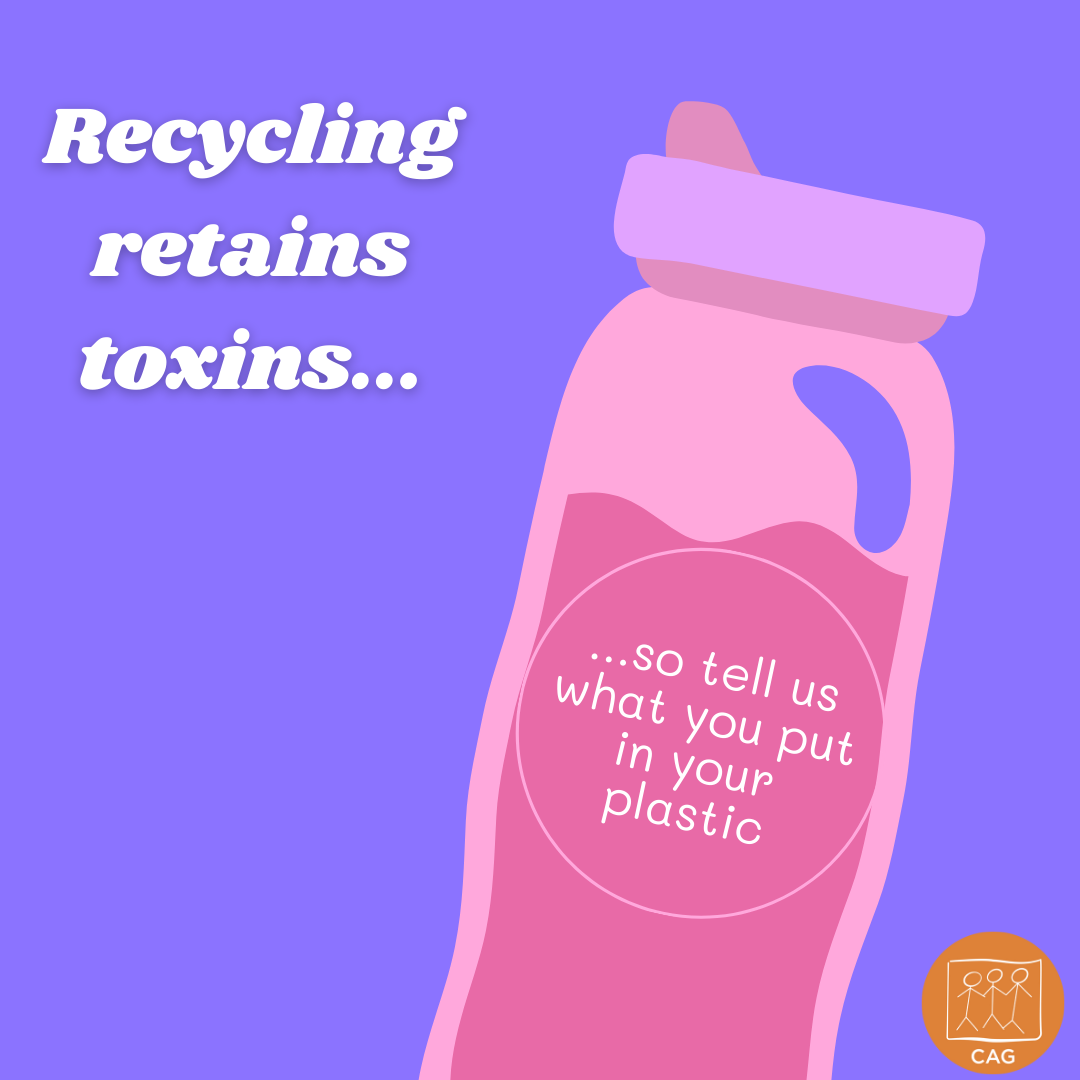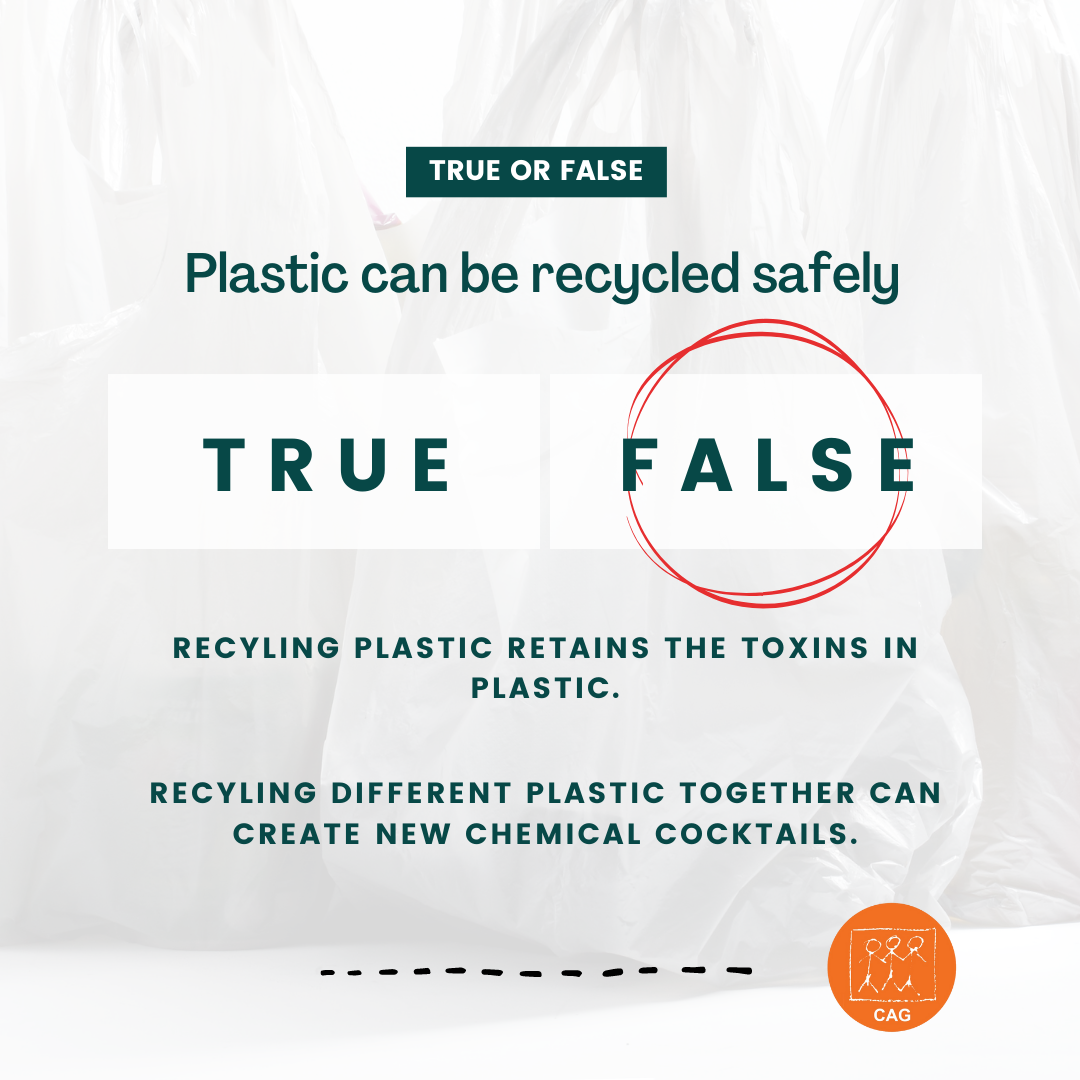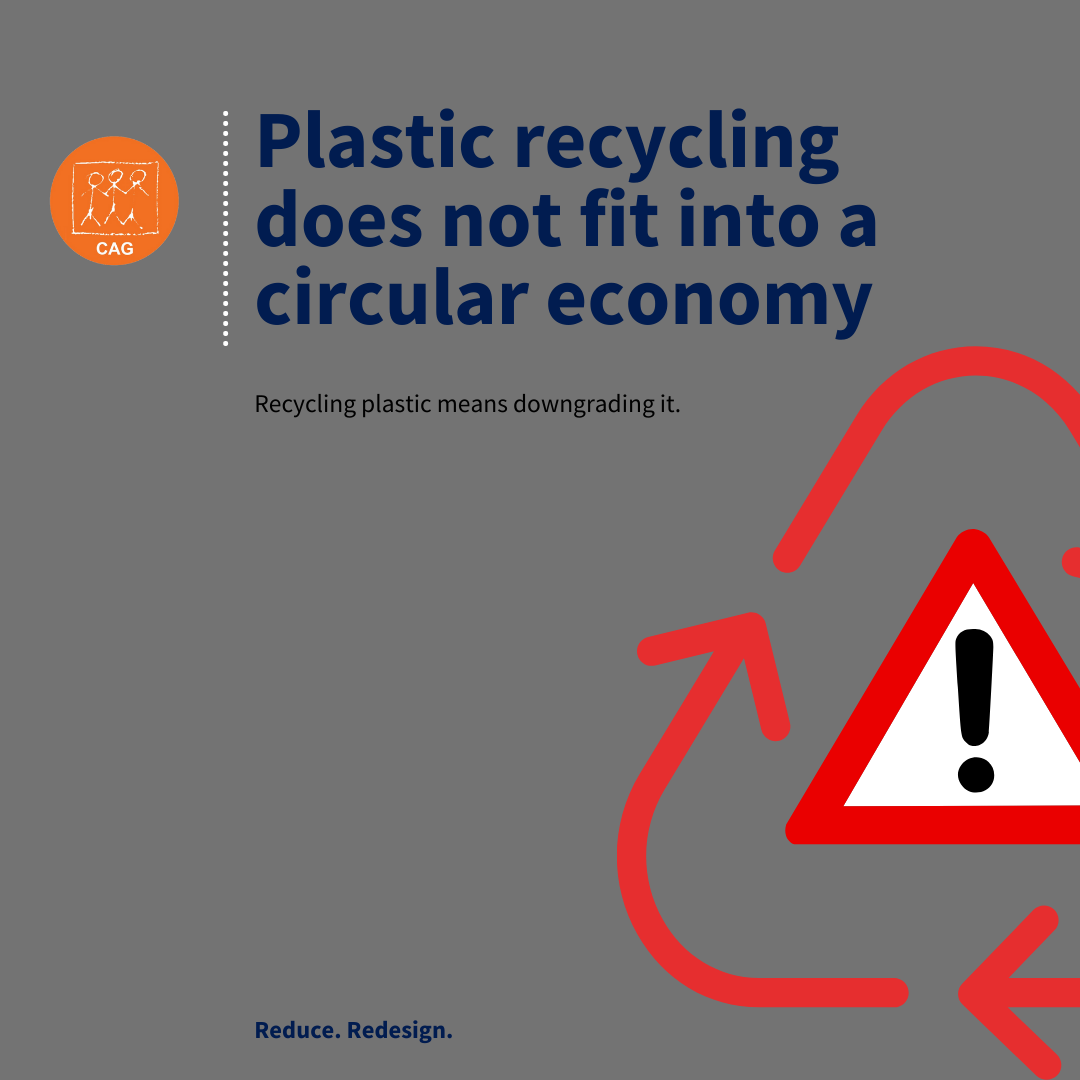Stop Poisoning your plastics
There is very little transparency from companies on the toxins they add to plastic. We need companies to come clean and tell us what additives go into our plastic products. And these need to be phased out, asap. Find out more: https://bit.ly/3GRNJa6
#falsesolutions #reuse #redesign



